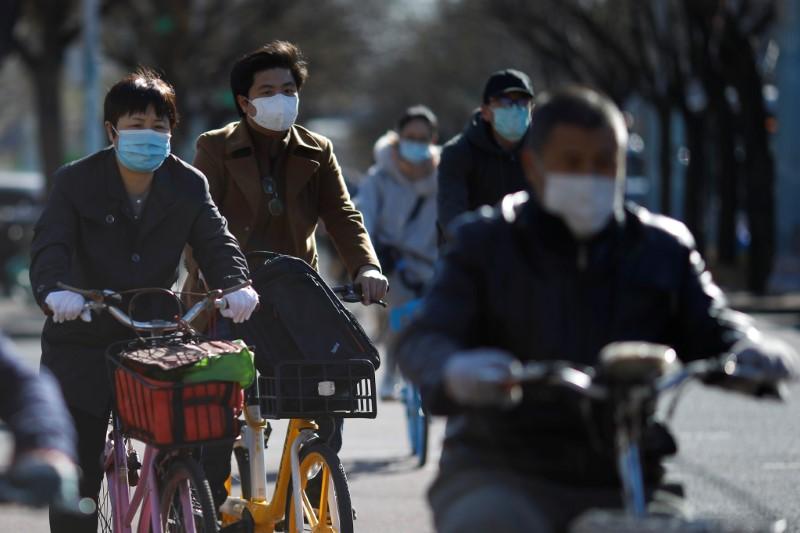Easing social distancing rules and school closures in China’s virus epicenter of Wuhan too soon could lead to a second wave of infections later this year, according to a recent study.
A March 25 study published in The Lancet medical journal found that lifting work and school closures in the city this month could cause a second wave of cases in late August. It found that if these restrictions were instead lifted in April, then a second peak could be delayed until October, which would relieve pressure on health services in the intervening months.





